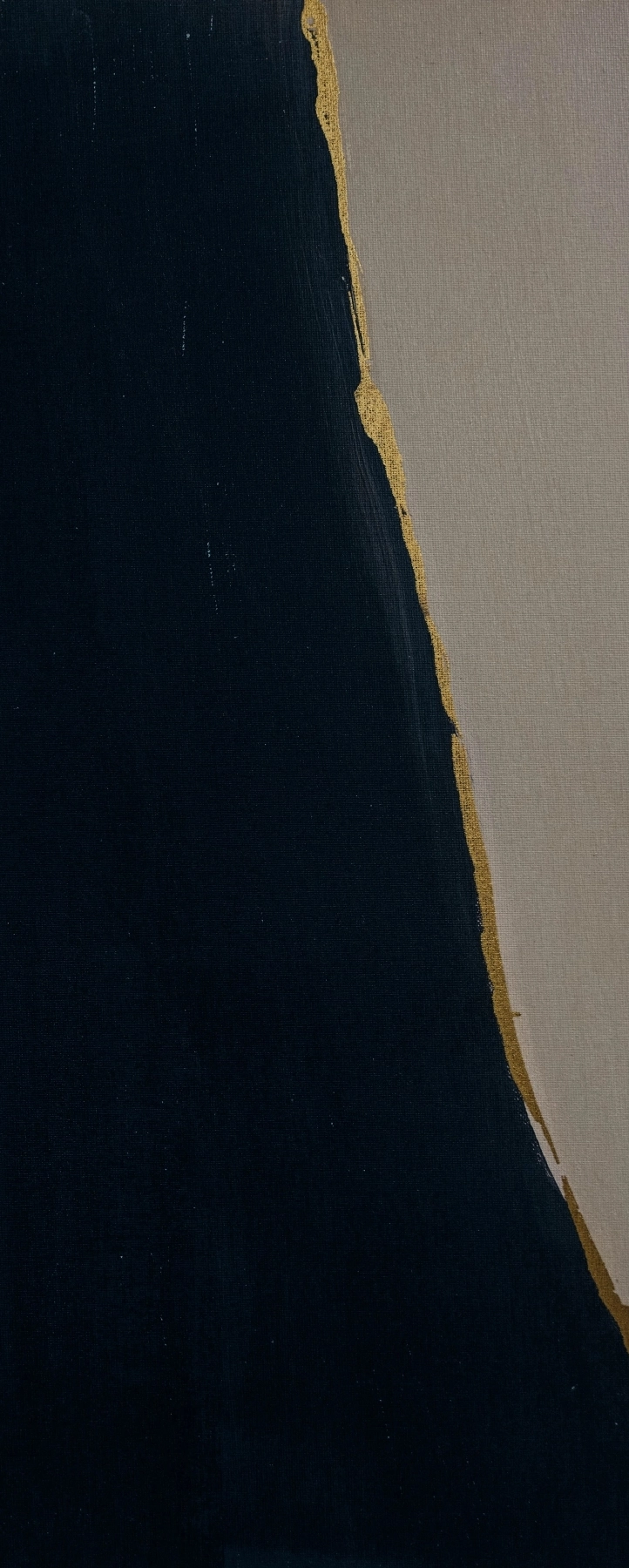Great Doctor and Staff ! Really Professional Group. Dr. Dhir takes time to listen and find a solution. Highly recommend Dr. Dhir!
What are the Treatments of Voiding Dysfunction?
The treatment of voiding dysfunction varies based on the underlying diagnosis. Below are examples of possible treatments:
- Bladder Training: Timed voiding every 2 hours or using abdominal muscles to help fully empty the bladder may be recommended. Bladder Training can also help hold urine longer to minimize frequent trips to the restroom.
- Pelvic Floor Physical Therapy: A pelvic floor physical therapist can help patients strengthen weak pelvic floor muscles or help teach muscle relaxation techniques to assist in proper urination.
- Diet Changes: Elimination of bladder triggering foods, minimizing alcohol, and smoking cessation can help with voiding dysfunction.
- Antibiotics: Chronic, undiagnosed urinary infections can often worsen symptoms. Antibiotics will be prescribed to treat an infection if diagnosed.
- Medications: Certain medications can be used to calm or relax the bladder if it is overactive. Additionally, medications can be used to help pass blocking kidney stones or relax and shrink a blocked prostate.
- Bladder Botox: Bladder Botox can be injected into the bladder muscle several times a year to prevent frequent or urgent urination when oral medications fail.
- Nerve Stimulation: Stimulating the tibial nerve through the skin (percutaneous tibial nerve stimulation, or PTNS) is an alternative to medication for overactive bladder. Sacral nerve stimulation (SNS) is another option to calm the pelvic nerves that lead to bladder dysfunction.
- Surgery: If lesions of the urinary tract are contributing to voiding dysfunction, surgery may be needed to biopsy and remove them. A urinary blockage may need surgery as well, such as removal of a kidney stone or removing tissue from a blocked prostate.
- Self-Catheterization: Also known as clean intermittent catheterization (CIC), underactive bladders that cannot fully empty may require the patient to insert a catheter to drain the bladder several times a day. This technique will be taught by Dr. Dhir in the office setting.




